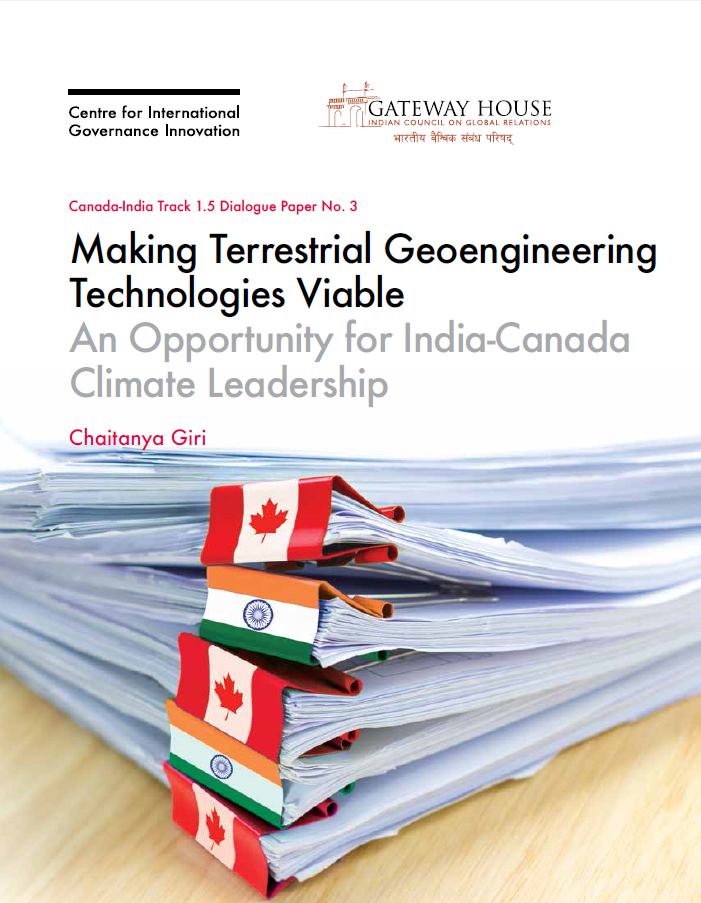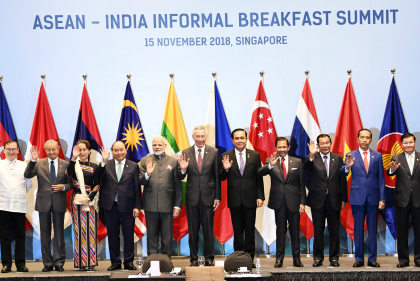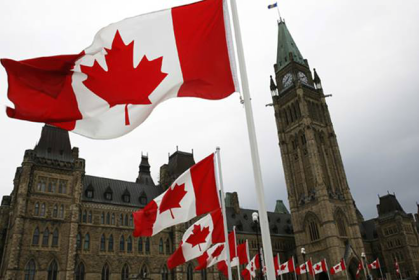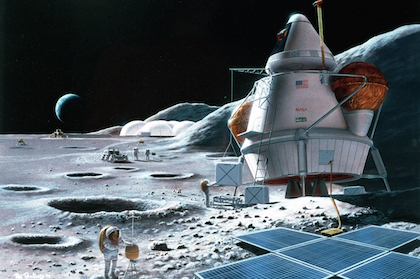India’s evolving Fintech laws
Fintech refers to a service or product which cuts across technology and finance. Covering everything from blockchain/cryptocurrency and Artificial Intelligence to data and the Internet-of-Things, it is becoming integral to India’s development agenda. This table sets out the various constituents of fintech and the regulations governing them










